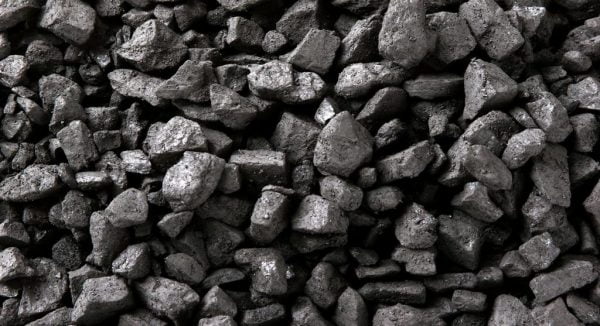Zimbabwe coal miner, Makomo Resources is reportedly getting only about 50 percent of its foreign currency which it require to import critical inputs like spares, a situation that has crippled its production, an official has revealed.
The country is failing to keep its foreign currency reserves afloat despite the establishment of the interbank market early this year to address the situation.
About US$799 million worth of foreign currency has been traded on the interbank market since its introduction in February this year.
“We are facing foreign currency challenges and as a result, our production so far has been subdued,” Makomo MD Robert Mutokonyi said.
“If things continue at this rate, our end of year outlook is disastrous.
“Our monthly forex requirement is US$2,5 million, but we have been getting 50% down our requirements, something which has negatively affected us.
“If we could get US$2,5 million that we require, we can do absolutely well.
“We have got the capacity to produce; we are only hampered by cash challenges.”
Makomo has an installed capacity of 350 000 tonnes per month, which remains under-utilised.
Mutokonyi, however, could not be drawn to disclose the company’s production figures so far.
But recently he revealed that their production in the first quarter of the year remained subdued, with output only reaching half of the company’s target due to the unavailability of key raw materials.
He said their target was between 200 000 tonnes and 250 000 tonnes a month, but they only managed almost 50% of that in the quarter.
In the period under review, the company faced operational challenges, especially the high cost of production versus the price of coal and unavailability of key raw materials like diesel and explosives, which are being imported.
Mutokonyi said by now they should have produced enough stock in preparation for the rainy season, but they were struggling to do that due to foreign currency challenges to import spare parts.
Makomo Resources is the largest privately-owned coal producer in Zimbabwe, and it supplies the country’s thermal power stations, industrial and agricultural sectors.
NewsDay





